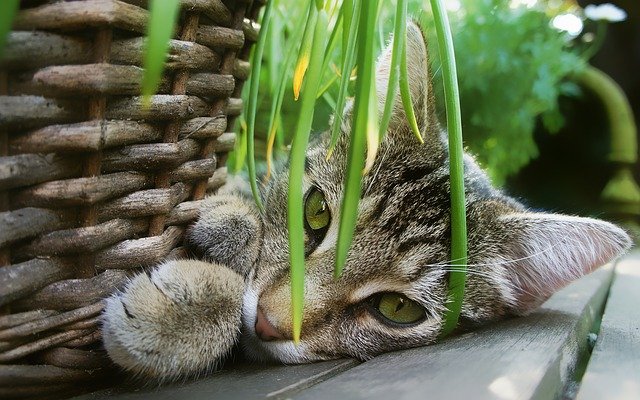If you are close to someone who is suffering from Alzheimer’s Disease or other form of dementia, you can experience a deep sense of sadness to witness the decline in their mental and physical capacities. Someone who was previously very alert and focused, widely read and highly articulate can become confused and disconnected. It is very taxing mentally, emotionally, and physically to witness the progressive decline which continues unabated at different rates for different dementia sufferers. It can also take its toll in terms of time taken to meet the sufferer’s growing needs and the associated changes in their life situation (e.g., finding suitable aged care, selling their house/unit).
One of the challenging aspects for close family carers is the progressive dismantling of the life of the person with dementia through the distribution of their personal property (household furniture, photos, books, personal records, family history records, work projects and documentation) and the sharing of articles of clothing and household items that hold strong memories. The new aged-care accommodation of the dementia sufferer will often provide only a very limited space for storing a few pieces of treasured furniture and artifacts such as paintings, vases, and sculptures.
Over time, the dementia sufferer will lose recollection of people they were once very close to, including family members. They will not remember visits to their aged care centre by family members and wonder why they have not seen them in years. They can also begin to imagine dramatic situations such as the loss of an infant that did not actually occur – an imagined event that is highly distressing for themselves and also for carers who have to deal with the sufferer’s distress.
The collective impact on the carer reinforces the need for carers of close relatives with dementia to be very conscientious about self-care and find ways to wind down, share the load and express their feelings, including sadness.
Valuing our capacity to think, concentrate and relate
We take so much for granted and it is only when we lose some faculty or capacity or see someone close to us lose their abilities that we begin to think about what we should be doing to care for ourselves and value our own capacities. At one level, we need to mind our brain – care for our mind and capacity to think, focus and concentrate. At another level, it means valuing the people in our life and strengthening our relationships. Mindfulness has a role to play here and has demonstrated benefits both in terms of our mental capacities and the quality of our relationships.
Valuing what we have involves regularly savouring our life – our health, our relationships, our achievements, our work and the growth and development of our children. It means appreciating our natural environment and our home, as well as all the people who have helped us make a start in life and achieve what we have. In the final analysis, it means valuing our wellness and doing what we can to sustain it and experience the well of ease that is available to us through mindfulness meditation..
Reflection
There is an old saying, “You can’t take it with you when you die”. No matter how much we accumulate and achieve in life, we cannot take it with us when we die. Seeing the dismantling of a person’s life who is suffering from dementia and witnessing the dispersal of their property are stark and sobering reminders of this reality.
Mindfulness experts often encourage meditation on death and dying to be able to keep our life in perspective and to prioritise the people and things that matter, rather than accumulation of assets and transitory successes. As we grow in mindfulness through meditation, reflection, and other mindfulness practices, we begin to appreciate the need for balance in our lives and gradually develop the ability to strengthen our mental capacities, grow in self-awareness and build stronger relationships. We learn to savour the present moment fully.
__________________________________________
By Ron Passfield – Copyright (Creative Commons license, Attribution–Non Commercial–No Derivatives)
Disclosure: If you purchase a product through this site, I may earn a commission which will help to pay for the site, the associated Meetup group, and the resources to support the blog.
